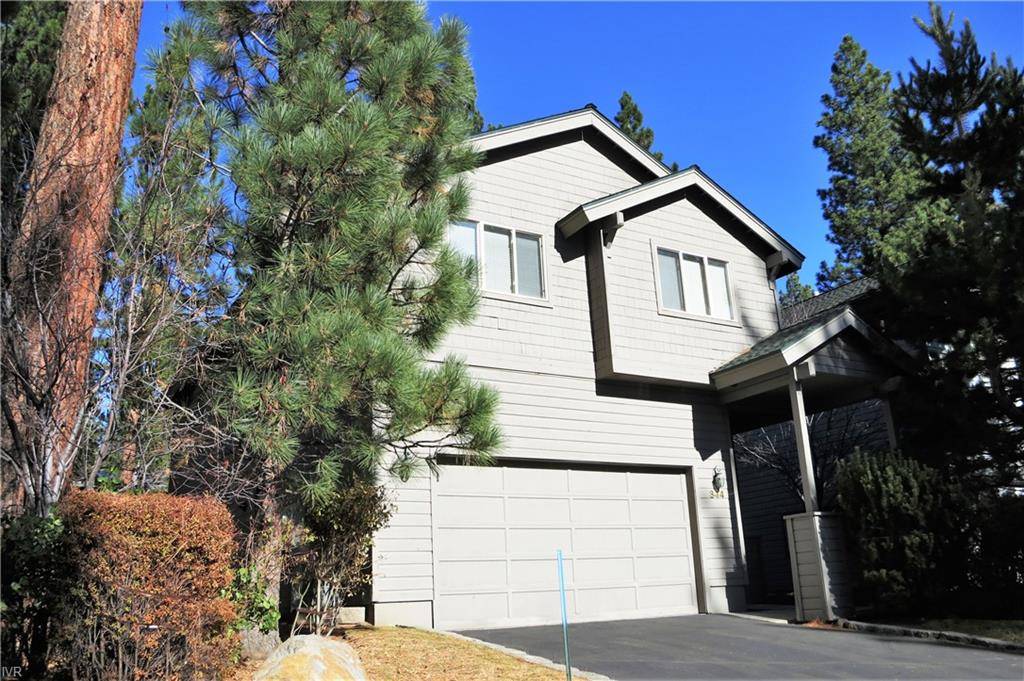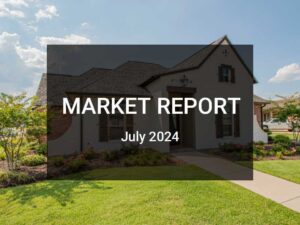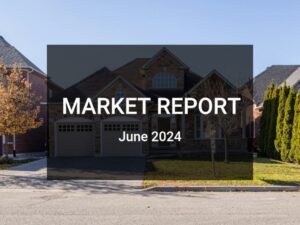 Are rich Californians ready to trade their sun-soaked beaches for cow pastures or move their corporations from bustling, cosmopolitan cities to wide-open spaces all in the name of saving money?
Are rich Californians ready to trade their sun-soaked beaches for cow pastures or move their corporations from bustling, cosmopolitan cities to wide-open spaces all in the name of saving money?
That’s what lots of politicians and businesspeople in states with no income tax including Texas, Nevada, Florida and Washington are hoping now that California’s wealthiest are paying more than any other state in the nation in income taxes.
On Thursday, Texas Gov. Rick Perry announced a swing through Silicon Valley, San Francisco and Los Angeles from Sunday through Wednesday to lure companies to the Lone Star State, which he argues is better for business because it has no income tax and more lenient labor and environmental laws. It comes after Texas officials and companies launched a 30-second radio ad in California this week in which Perry tells Californians that Texas is “wide open for business.”
“Building a business is tough, but I hear building a business in California is next to impossible,” Perry said in the ad, which Gov. Jerry Brown quickly dismissed as “barely a fart,” since the state bought only $24,000 of air time.
Some anecdotal evidence, however, shows that some rich Californians are on the move.
In Nevada, Chris Plastiras, who owns Lakeshore Realty in the Lake Tahoe and Incline Village area, said wealthy clients are flocking over the border to save on taxes. He said 14 of his 27 closings in Nevada since the election have involved people moving from California.
“They’re buying fast and furious, absolutely. I’ve never seen anything quite like this,” Plastiras said, citing the passage of Proposition 30 in November, which increased state income taxes by a maximum of 3 percentage points for seven years. Then, in early January, Congress let the Bush tax cuts on the wealthy expire, pushing up the maximum rate 4.6 points, to avert the “fiscal cliff.”
The richest Californians will now pay a maximum 39.6 federal rate and a 13.3 percent state rate, though the total effective income-tax rate is closer to 47 percent because state taxes can be deducted off federal tax returns.
“Prop. 30 really got a lot of people upset, and they feel like they’re being singled out, and that was pretty much the straw that broke the camel’s back for them,” Plastiras said.
Greg Adler, who made a six-figure salary as a Santa Clara County prosecutor, moved with his wife to the Dallas area last year. He got “an automatic 9 percent boost” in savings from income taxes and now has a home the same size of the one they had in San Jose — at half the cost.
“Almost everyone I run into seems like they’re California transplants or moved here from somewhere else,” Adler said. “Every single one of them is glad they came and said they would never move back to California.”
Joe Vranich, a business relocation consultant in Irvine, said he received an unprecedented number of inquiries and five new CEO clients in the weeks following the election, with executives looking to move to states with no income tax.
“I’m hearing more angst from these people and a desire to get out faster than I’m normally accustomed to hearing,” Vranich said. “I’ve heard things like ‘How dare they increase my taxes retroactively.’ “
While a mass exodus is unlikely, even a few rich people and businesses moving across state lines would have an impact on California’s income-tax revenue — by far the top source of money for the state’s newly balanced budget.
A survey this month by the California Business Roundtable found 69 percent of companies thought it was harder to do business in California than other states. At 9.8 percent, California’s unemployment rate is also one of the highest in the nation.
Still, net worth, the number of Fortune 500 companies and wages here dwarf most states — not to mention the weather and culture that still draws transplants in search of the California dream.
“We’re expensive. That’s reality. But I see a lot of fancy cars on the road, and I know that people could choose to drive cheaper ones, but they want the more expensive model,” said Jim Wunderman, CEO of the Bay Area Council, a business advocacy group. “In many ways we’re the envy of the global economy.”
Experts say existing businesses are unlikely to move — but those starting up fresh, or creating new divisions, could consider it. Perry’s office noted that Facebook, eBay (EBAY) and Visa, all headquartered in the Bay Area, recently opened new expansion campuses in Texas, while San Ramon-based Chevron just announced it was moving up to 800 jobs to Houston.
“Corporations are always more mobile than individuals are,” said Stewart Karlinsky, a San Jose State professor emeritus of business. He noted that it’s a lot harder for people to uproot their lives and move their kids out of school, abandon their friends and family and acclimate to a new culture. “These other factors — quality of life — are much more important than a couple percentage points” of taxes.
San Jose accountant Dan Morris said that wealthy people in California are always thinking about whether their tax burden is too high. But he added the passage of Proposition 30 and the higher federal tax rates have served as an extra “catalyst burning under people.”
“There will be wealth that leaves California,” said Morris, an adjunct professor at Foothill College in Los Altos Hills. “Not everyone will move, but those who can, will.”
An analysis by this newspaper before the November election showed that high-tax states such as California actually have the most millionaires per capita, while low-tax states such as Texas, Florida and Nevada generally have below-average numbers of rich people. Then a Stanford University study on California’s 2005 millionaire’s tax concluded the extra 1 percent of income tax on the rich had no effect on the number of wealthy people moving in and out of the state.
Stanford sociology professor Cristobal Young, one of the study’s co-authors, concluded that Perry’s campaign would have limited impact and that politicians usually make statements in foreign countries and other states to boost their own standing.
“That would be my guess with Gov. Perry — trying to kick up the dust,” Young said. “He’s really talking to Texans, not Californians.”
Source: Mike Rosenberg, MercuryNews.com







